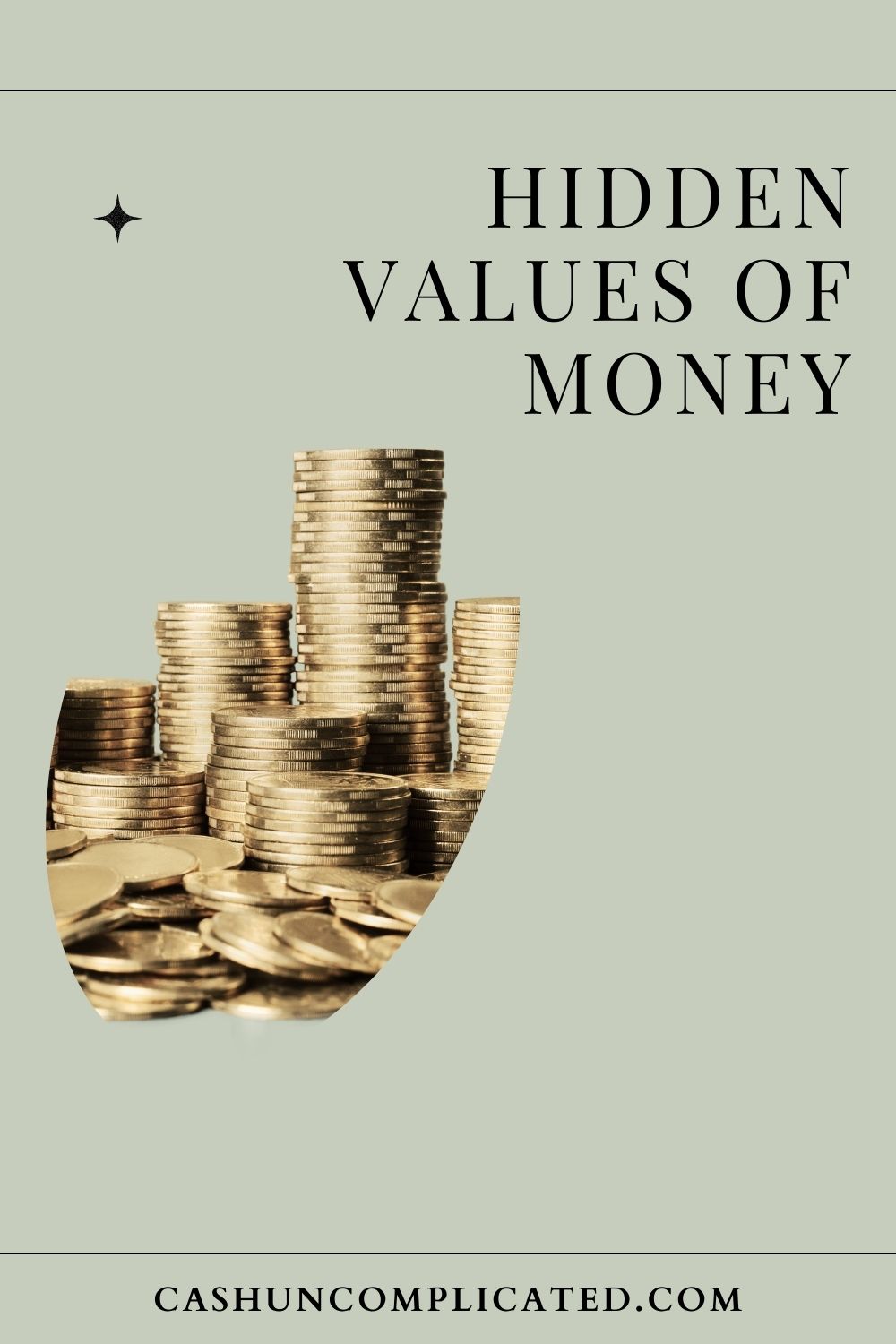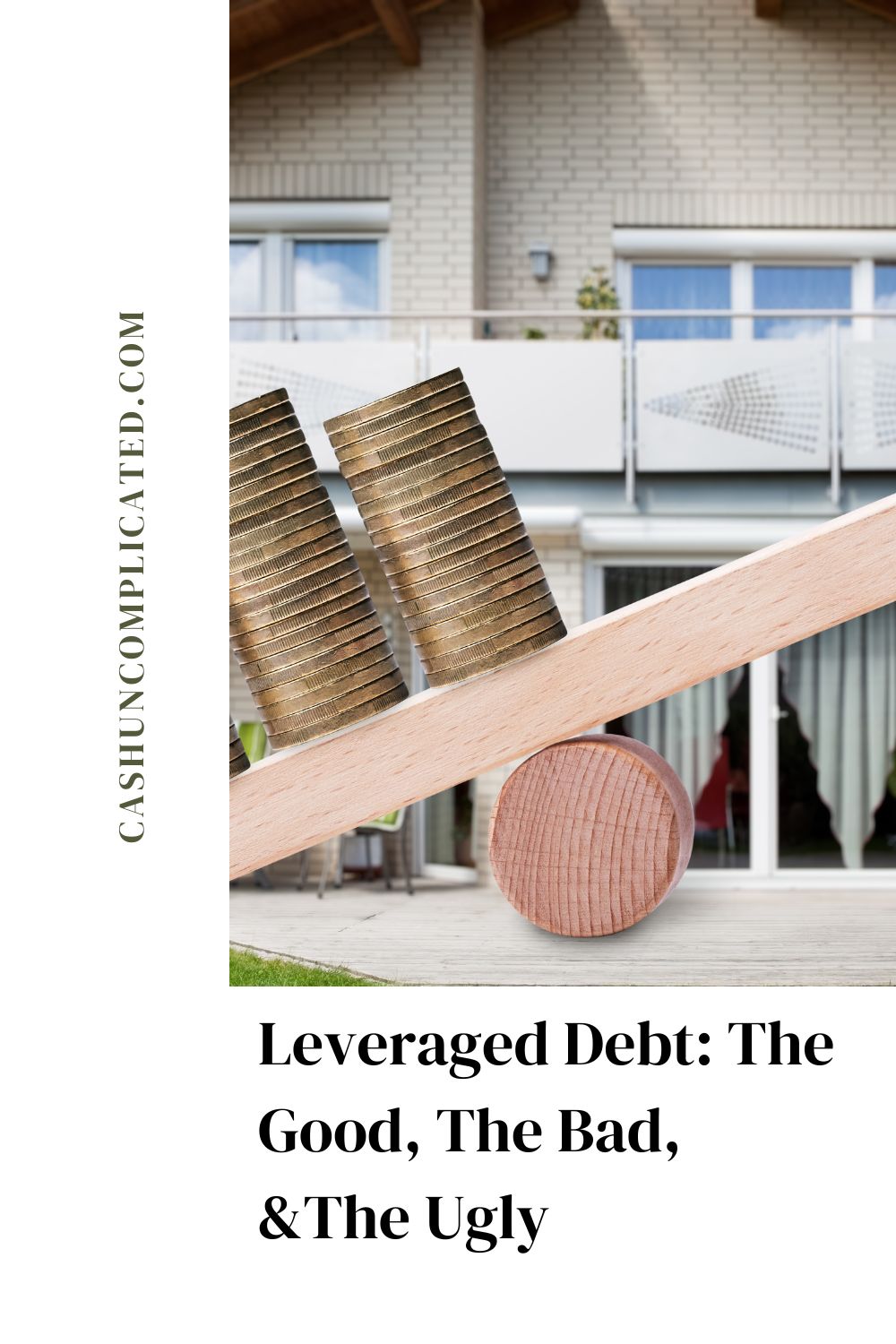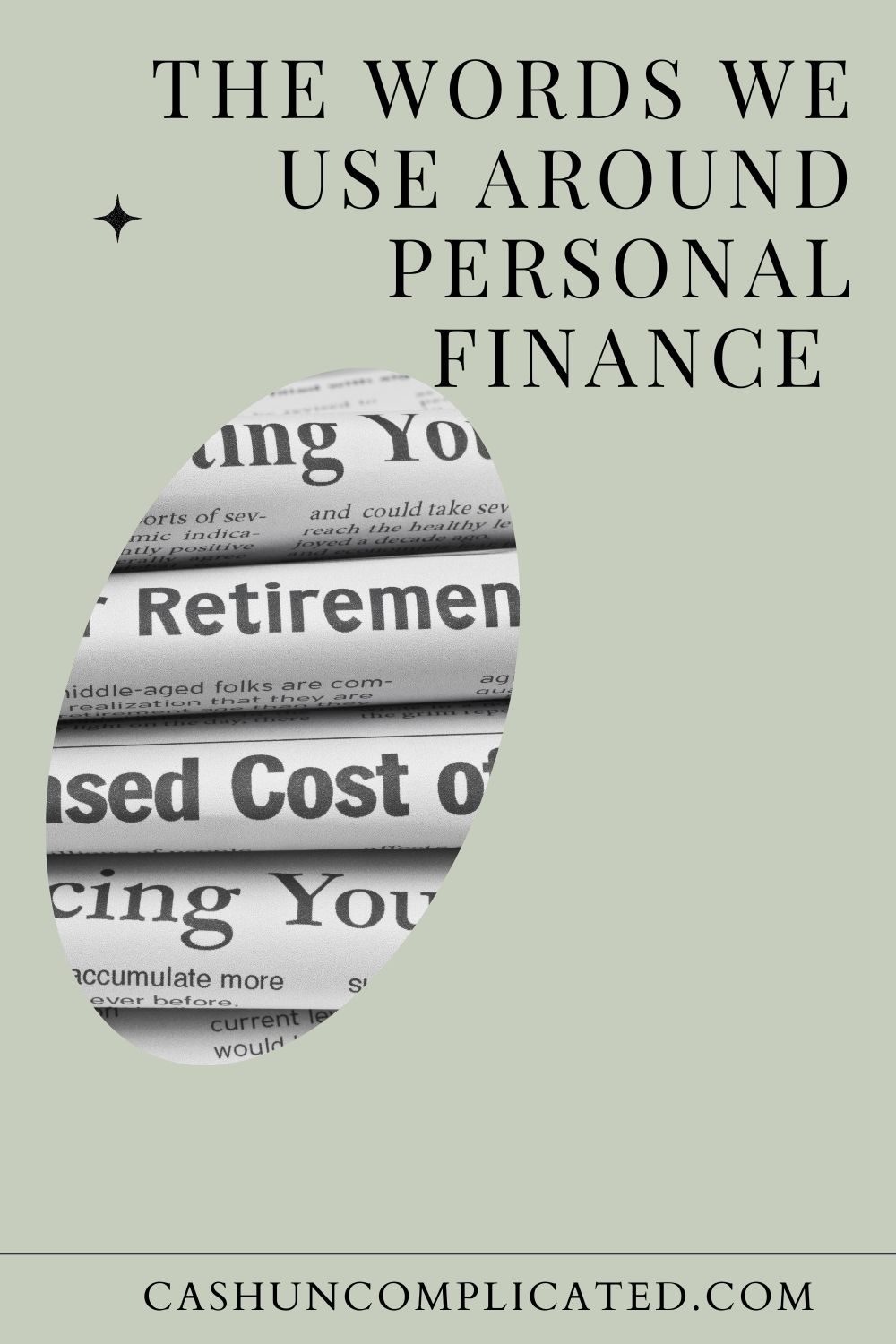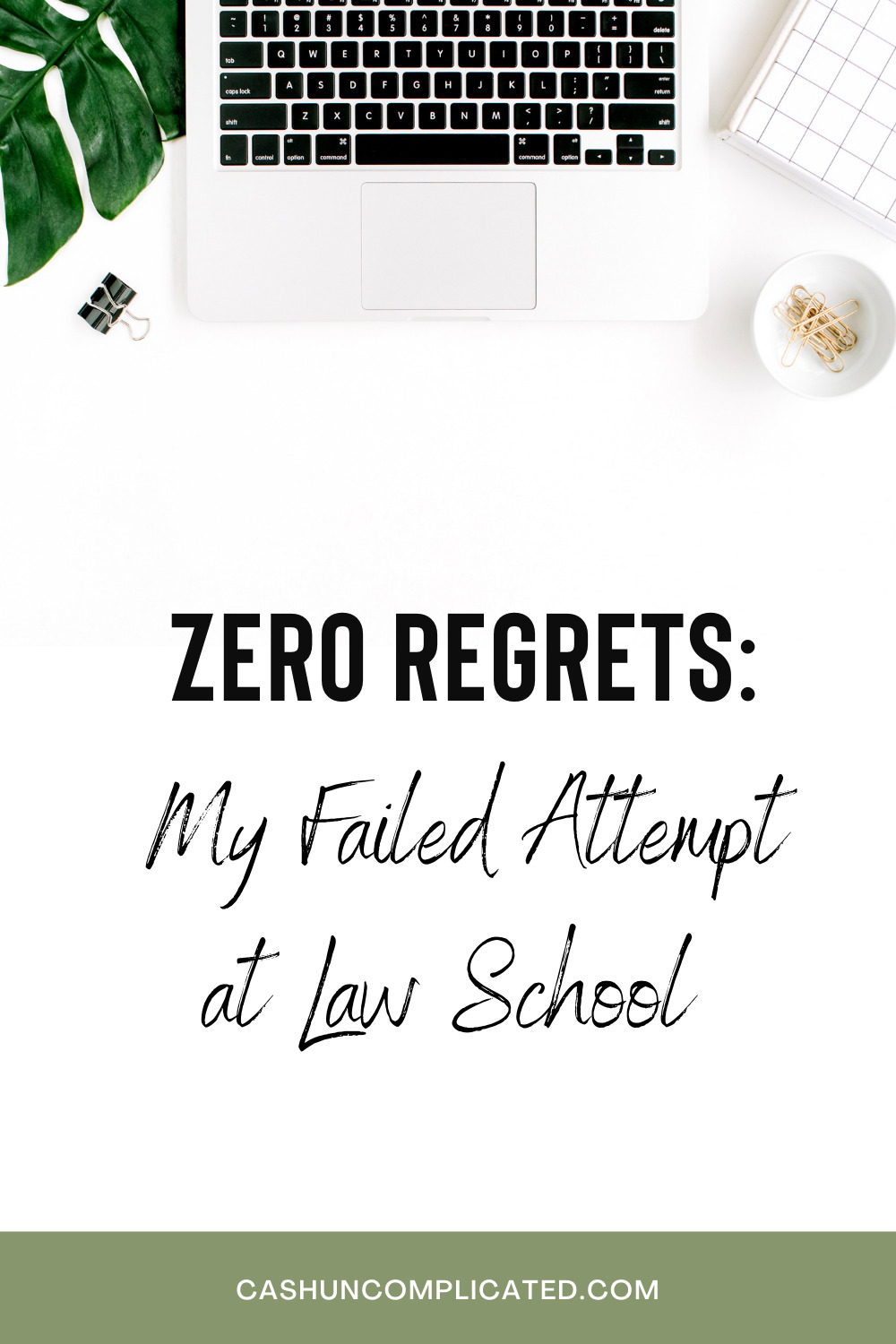Americans have a lot of consumer debt. In my last blog about debt payoff systems, I cited a recent study by WalletHub that found Americans began 2020 in more than one trillion of credit card debt.
The same study indicated that the average credit card debt per household was almost $8,000. And that was down from 2019 numbers. Even scarier is that this study captures just credit card debt. It doesn’t factor in other consumer debts like car loans and personal loans.
With consumer debt being such a huge problem, there naturally is a lot of information out there on how to pay off debt. I’ve published many myself, such as this blog on debt payoff systems. I also devote an entire chapter to debt payoff in my book Cash Uncomplicated.
There is something I don’t hear a lot about though, and it’s one of the single best ways to eliminate consumer debt. Maybe it’s so obvious that not many think to bring it up.
Sell off debt. This works especially well for very large debts like cars and boats. It all goes back to what we value. If we most value time with family, friendships, and experiences, it’s important that we align our financial choices with those values. If a car payment, or another costly payment, is causing you stress and worry, you should at least consider selling the item.
Not only does that alleviate the stress of the high payments, but it also minimizes or completely eliminates the debt in of itself.
To illustrate the point, let’s use an example of someone who purchased a $45,000 car a couple years ago. In the first few months, he loved everything about the car—the leather interior, the handling, the acceleration, and the feel of the road. Over the last year though, the car has just become kind of blah. He’s gotten used to it and the car isn’t any more special than any other car he’s had in the past.
The payments have continued to pile up though and it’s been stressful keeping up with them. He’s even had to work overtime just to make the payments in months when things got tight. Although it’s still a great car, the payments have become suffocating.
The car was originally purchased for $45,000 with $5,000 down. The remaining $40,000 was financed at a 3 percent interest rate over 60 months. Payments are $719 per month.
Pouring $719 every month into the car payment has meant very little left over for anything else. The owner of the car is tired of the debt and wants it paid off. Problem is there are still around three years of payments remaining. At $719 per month, that’s an additional $24,715.
The owner of the car can keep grinding out the monthly payments for another three years, or even work overtime to try and pay it off early. Or he can sell the car, rid himself of the entire debt, and have a little left over to purchase a much less expensive car.
According to Carfax, the average new car depreciates 20% in the first year of ownership, and 15% per year over the next four years. The owner of the car in this article has owned his car for about two years, meaning the car depreciated about 20% in the first year of ownership, and 15% in the second year. For a car purchased new at $45,000 the current value is approximately $30,600.
With the $5,000 down payment and two years of completed payments, the balance on the loan is $24,715. That’s $5,885 worth of equity in the car. If the owner of the car really wanted to get rid of the car, he could conceivably sell it and use the profits to purchase a much less expensive car.
Assuming the owner of this car would need to purchase another car (having no car isn’t an option), he would have two choices. The first choice is to purchase a used car in cash for $5,885 or less. The second choice is to purchase a vehicle for more than that and finance the rest.
Paying cash would obviously completely eliminate the car payment, freeing up $719 per month for saving and investing, and other things. Adding a car payment would cut into that $719 windfall. Either way, it’s much less of a burden than a large car payment for the next three years.
Here’s what I mean. If the owner of the car decides to purchase a vehicle for more than $5,885, let’s use $10,000 for this example, that leaves a balance of $4,115. He can then pay off the car rapidly by making his old payment of $719 or make smaller payments over the course of a few years.
If he made the $719 payments, the $4,115 balance would be completely paid off in about six months. That’s a full two and a half years less than if he had kept the $45,000 car. Or if he went the smaller payment option, his payments would be $74 per month for five years. Of course I recommend paying it off, but I wanted to at least recognize this option.
In this case, selling off a large debt can either cut out two and a half years of very large payments, or significantly reduce monthly payments. If large payments are causing someone stress, this is a great shortcut to taking years off that stress.
It’s important to acknowledge that a less expensive car likely isn’t as good as a $45,000 car. However, if the less expensive car is safe and reliable, it could be a worthwhile trade to eliminate the stress and burden of a large car payment.
A summary of the trade: A great car with three years left of very high payments exchanged for a safe and reliable car with either no payments, a few months of high payments, or several years of very small payments. All three options significantly ease the financial strain of a large car payment.
Selling items can be a great way to quickly eliminate or minimize a large debt. Much like the example with the car, this idea translates to other expensive purchases where the debt payoff has become a burden.
If you have a large debt that is causing you stress, consider selling it rather than grinding out the remaining payments. Break down your options and think about the impact each would have on your life. You might discover that selling is your best choice.









This Post Has One Comment
Pingback: How to Never Make a Car Payment Again – Cash Uncomplicated
Comments are closed.